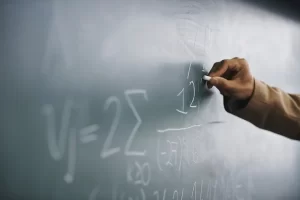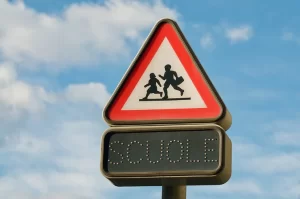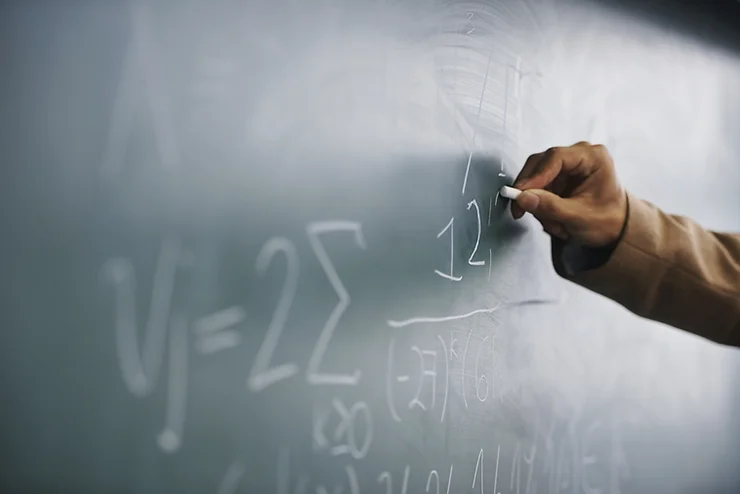Simply put, holistic education means we look at the entire student when it comes to their academic success. We not only talk about strategies to improve learning, we look at all factors that go into the success of the student such as sleep, nutrition, health, illness, and family dynamics. Many people don’t think about these things when we talk about academic success, but they are all connected. It all matters. It all can either help or hurt.
We believe in a holistic approach to education because we feel it gives each child the very best opportunity to succeed in academics and in life. Every student we see is different. They all have different strengths, deficiencies, life experiences, etc.. so treating them all the same, just doesn’t make sense to us.
4 ways a holistic approach can maximize each child’s potential.
- It plays on the child’s individual strengths and weaknesses.
We get to know each student we see on an individual basis. We know their strengths, what they like, what they struggle with, and what they dislike. By knowing the child, we are able to customize our approach to meet them where they are, use strategies that will appeal to them, and get them feeling more confident much quicker than they would in a standard classroom. When students are surrounded by teachers who know them and create custom lessons for them, they notice. They buy-in to the process just as much as we do. This allows the student and teacher to work together as a team toward a common goal.
- We get to the root of the issue.
Many times the education system will treat a symptom vs getting to the root cause and healing that. For example, a child who has trouble sitting still in class, cannot focus, and is constantly fidgeting may be given a 504 or IEP for ADHD. They may be given accommodations such as extended time for exams, sitting in a separate room to remove distractions, etc.. But did you know that those symptoms of ADHD may actually be caused by their diet or even a viral infection? Did you know that simple changes to the food they eat may actually help solve those issues?
We look at the entire student. Not just the symptoms. We ask the question: Why? Why is the student struggling to sit still? What other factors may be contributing to this?
We don’t believe in bandaids. We believe in cures.
- Brain Function Matters
Learning happens best when the brain is operating smoothly. This allows messages to get sent to the brain efficiently. We focus on HOW we can make that happen. Sleep, exercise, diet, mental health, physical health, and socialization can all affect the way the brain functions. We believe in getting to know where each student stands in each of those areas so we can make suggestions on ways to improve brain function. Of course, this is going to be different for every student, but making small changes to the previously mentioned categories can have a huge impact on academic success.
- Decrease Frustration
A major complaint we hear is that students become easily frustrated when at school or doing school work. Many times this is because they are experiencing brain fog, fatigue, or their learning needs are not being met. When we can ensure that each student is feeling their best physically, and use different methodologies such as kinesthetic learning, visual aids, and experiential learning, we’re able to reduce their level of frustration. In turn, when a student is less frustrated, they learn more, much more quickly. This has led to students making leaps in their academic progress in record time.
Benefits of Holistic Education
Improved academic achievement
By focusing on individual strengths and weaknesses, we’re able to help students achieve a greater level of success inside and outside the classroom.
Enhanced emotional and Mental well-being
When students’ needs are being met, it increases their confidence and improves their overall mental health. We have seen so many students become happier, more outgoing, and more driven as a result of the holistic approach to education.
Increased problem solving ability
Through the use of Socratic questioning, we are getting the student to become an active participant in their learning. It forces them to start thinking for themselves and working to solve the problem. The more we can foster independence in the classroom, the better off they will be long term.
Reduced impact of inequities
Many students are left behind in a traditional classroom simply because their needs cannot be met when a teacher has 20+ students to attend to. As years go on, the deficiencies just become greater and greater. By applying a holistic approach we are able to fill those gaps and increase all students’ potential.
The results we have seen in our students because of the holistic approach are incredible. If you’re feeling as though your child could benefit from this approach, book a free consultation with us today.











